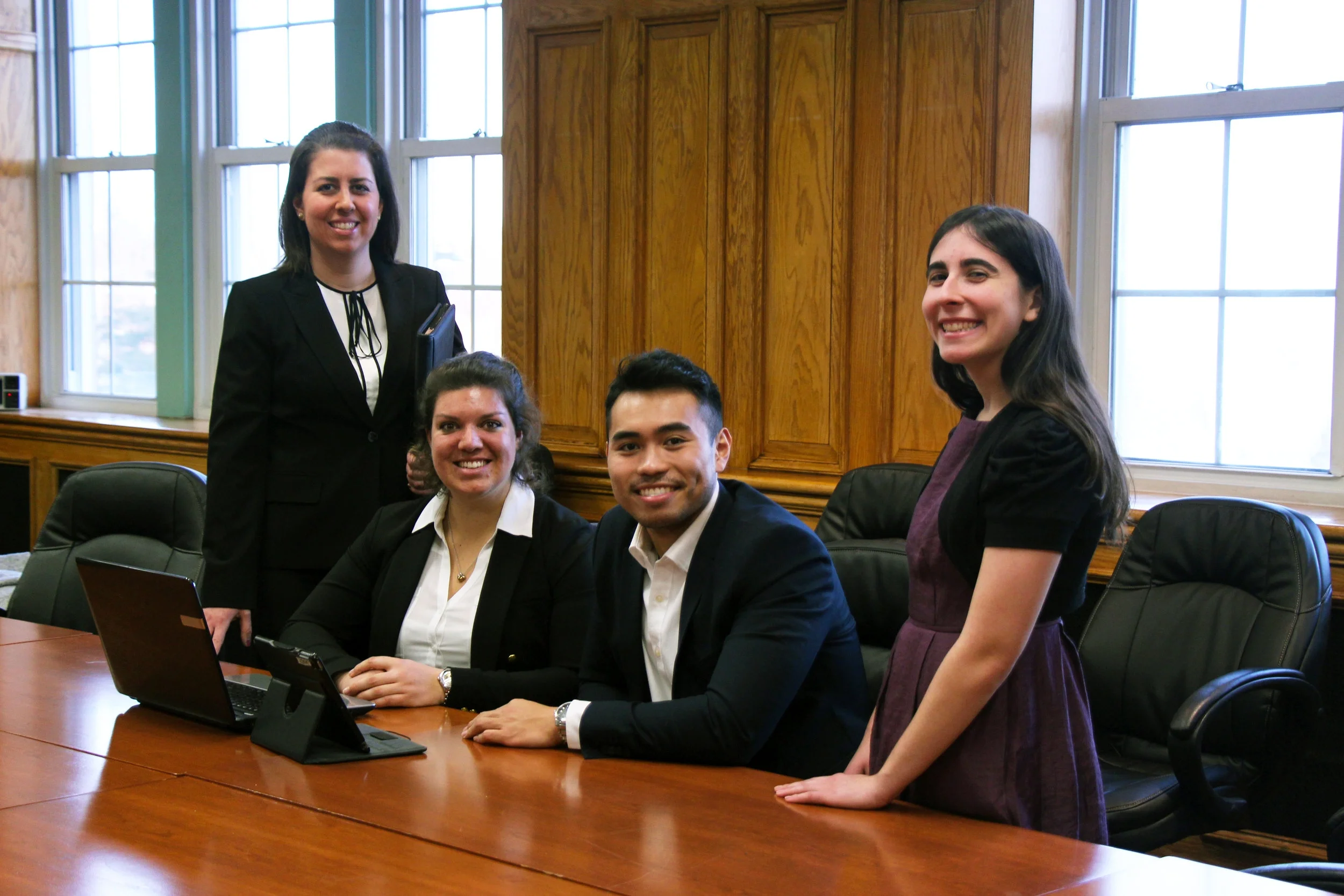Our Mission
Cyber Tigers are motivated and engaged students who are seeking opportunities to work on real problems that have applied impact in the community. These research experiences challenge students to think critically and creatively, take ownership of their work, become leaders, and solve new and novel problems. Students have opportunities to engage with community partners as well as leading researchers at other academic institutions.
Cyber Tigers’ research problems generally address applied cybersecurity, especially decision making and human behavior. Other projects have examined inventory logistics, student motivation, project management, and the supply chain. Scroll down to learn more about our work as well as how to get involved.
Current Project: empowering secure elections
The Help America Vote Act of 2002 made sweeping reforms to the nation’s voting processes to include voting systems and voter access. Changes to voting systems included electronic equipment and the phasing out of paper punch cards that became a point of contention during the 2000 Presidential election. The integrity of the new electronic systems was not challenged until the 2016 Presidential election, when the Department of Homeland Security admitted that 21 states, including Maryland, were targets of attacks to their voting systems*.
We are partnering with a county in a mid-Atlantic state to holistically examine potential physical, cyber, and human vulnerabilities to Election Day voting processes. We are identifying threats, proposing mitigations, and developing a model that manages total risk. We are also creating educational materials for Board of Elections personnel to use to train Election Judges to be aware of and respond to potential cyber, physical, and insider threats at polling places.
We’ve created a process map of the case study county's process and influence diagrams of potential threats. We have a proof of concept risk scorecard model and are extending and generalizing the model using Markov chains. Implementation recommendations from our proof of concept model are already making a positive impact in Maryland voting processes. Our online training modules present threat scenarios to Election Judges and train them to be aware of and respond to potential cyber, physical, and insider threats. Election Judges are the first line of defense, and training them as well as implementing mitigations into the voting process will better protect and prepare the county for Election Day.
Our work has been profiled by Towson University (here and here) as aligning with two Presidential priorities: (1) TU Matters to Maryland and (2) BTU-Partnerships at Work for Greater Baltimore. Graduate student Lorraine Black summarized her sustained contributions to the project in a blog post for Towson’s BTU Initiative.
Students: Lorraine Black, Saraubi Harrison, Vince Schiavone, Katerine Delgado, Katerina Ieromonahos, Yeabsira Mezgebe, Betelhem Jilcha, and Isabella Bloomquist
Give to the Towson University Foundation to support Empowering Secure Elections.
*Horwitz, S., Nakashima, E., & Gold, M. (2017). DHS tells states about Russian hacking in 2016 election. The Washington Post.
Current project: Collaborative Scheduling
Our work on collaborative scheduling continues in Spring 2019 with new funding from the Construction Industry Institute (CII). We will be directly working with representatives from CII member companies to assess current scheduling practices in the construction industry and analyze case studies from both current and historical projects. We expect our deliverables to include prescriptive recommendations regarding how organizations can increase their collaboration in scheduling as well as a collaborative scheduling maturity model.
Current Students: Vince Schiavone and Dominique Hawkins
Previous Students
Rachael Artes, Rachel Fredman, and Emil Manuel: A Value Model for Implementing Cyber Metrics and Best Practices | HotSoS | BTU
Lorraine Black: Values and Trends in Cybersecurity
Lorraine Black and Saraubi Harrison: Empowering Election Judges to Secure Our Elections
Jasmin Farahani: Metrics and Best Practices for Cybersecurity | Paper
Hannah Locraft and Priya Gajendiran: Sources of Risk in Elections Security
Brittany Mattheu: Assessing Analytics Motivation in Business and Engineering Students
Logan Minor and Vincent Schiavone: A Decision Model for Automated Identification Technology Devices for Naval Seabasing
Sean Placide: A Quality Control Approach to Army Unit Readiness
Megan Price: Protecting Maryland’s Voting Processes | Poster | BTU
Alex Thierer: Cybersecurity Values of Small Legal Firms and Solo Practitioners
Get Involved
Towson University students who are fully admitted to the College of Business and Economics may earn internship or independent study course credit for their research. Business Administration majors may earn credit through BUSX 460; Project Management and Business Administration concentrations may earn credit through BUSX 460 or EBTM 496. Graduate students and undergraduate Honors College students may earn credit as a thesis or independent study.
Interested students should review the prerequisites and guidelines for BUSX 460 (undergraduate internship), EBTM 496 (undergraduate independent study), the Honors College, EBTM 795 (graduate independent study), or EBTM 881 (graduate capstone) to ensure they are eligible for course credit. Students should then contact me for more information and/or to apply for any open positions.

